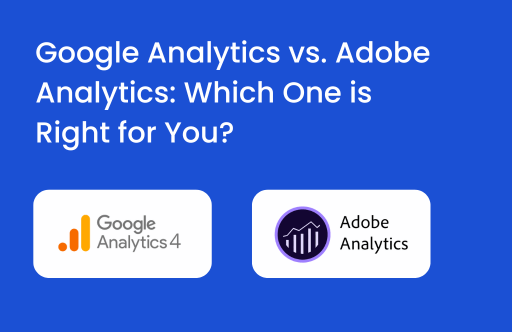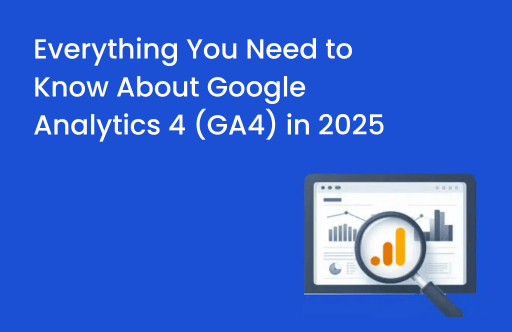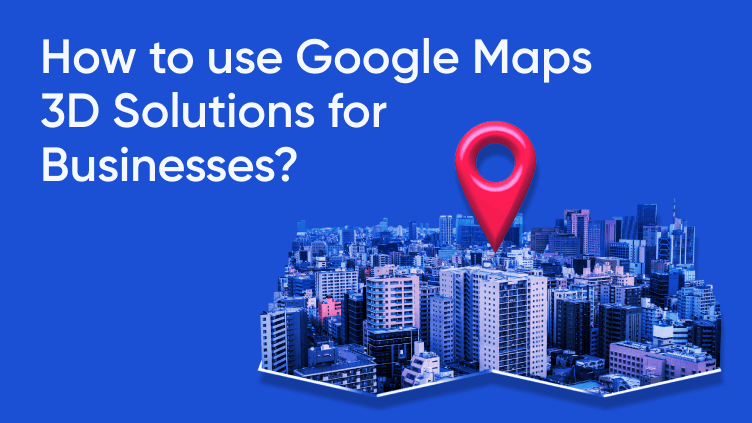The Places API within the Google Maps Platform has long been cherished by developers crafting location-based applications. Now the arrival of the New Places API will help to present more details and attributes for a place. The new functions will help to improve user satisfaction and experience.
Allow me to guide you through the technical & business aspects of Google Maps Platform New Places API, showcasing its distinctions from its predecessor and the thrilling opportunities it presents.
Here are some Key Enhancements in New Places API:
Business Description:
The editorial summary is a one-line description that Google created to describe a place on Google Maps. Now this is available through the New Places API. Now, one can display the same summary about places in your apps and in your preferred language.
EV Charging Station Integration:
Responding to the surge in electric vehicles, the API offers access to real-time data on nearby charging stations via the place_type field with the value charging_station. This empowers developers to leverage the nearby Search operation to retrieve charging station information within a specified radius.
Accessibility Attributes:
Promoting inclusivity, the API now provides comprehensive accessibility details for various locations. This includes wheelchair accessibility for entrances (wheelchair_accessible_entrance), seating (wheelchair_accessible_seating), restrooms (wheelchair_accessible_restroom), and parking (wheelchair_accessible_parking). These attributes are available within the place accessibility field returned by various Places API operations like textSearch, placeDetails, and nearbySearch.
New Place API Attributes:
| Attribute | Description |
|---|---|
| outdoorSeating | Place provides outdoor seating. |
| liveMusic | Place provides live music. |
| menuForChildren | Place has a children’s menu. |
| servesCocktails | Place serves cocktails. |
| servesDessert | Place serves dessert. |
| servesCoffee | Place serves coffee. |
| goodForChildren | Place is good for children. |
| allowsDogs | Place allows dogs. |
| restroom | Place has a restroom. |
| goodForGroups | Place accommodates groups. |
| goodForWatchingSports | Place is suitable for watching sports. |
While the New Places API offers significant advantages, it’s crucial to consider some technical aspects:
1. Request Limits and Billing:
The main benefit of the new Places API in terms of billing is cost control through field masking.
Here’s a breakdown of how it works:
→ Field Masking:
This feature allows you to specify exactly which data fields you want returned from your Places API requests like Place Details, Text Search, and Nearby Search. This means you’re not stuck paying for the entire dataset if you only need a specific subset of information for your use case.
→ Tiered Billing based on Data Requested:
Google Places API uses a tiered billing structure with different SKUs representing varying data. The new Places API leverages field masking to determine the appropriate SKU for your request.
Example:
Imagine you’re building a restaurant recommendation app. Using Nearby Search, you can choose to only retrieve basic information like business names, addresses, and categories (data included in the “Basic” tier). This will only trigger billing for the “Nearby Search (Basic)” SKU, the most cost-effective option.
2. Extended Place Coverage:
The searchable place types have been significantly expanded. This allows developers to cater to a wider range of user needs using the type field within search requests. The official documentation provides a comprehensive list of supported place types.
3. Improved Photo Management:
Access to high-quality photos associated with locations is now streamlined. The API utilizes the photo field within the response to provide URLs for various photo references. Developers can leverage these URLs to integrate rich visuals into their applications.
4. Seamless Integration:
The New Places API seamlessly integrates with existing functionalities like Text Search, Nearby Search, and Place Details. This ensures a smooth development workflow by utilizing familiar operations with enhanced data responses.
5. Several New Fields included in Places API:
| Field | Description |
|---|---|
| regularSecondaryOpeningHours | Describes particular times for certain operations. Secondary opening hours are different from a business’s main hours. For example, a restaurant can specify drive-through hours or delivery hours as its secondary hours. |
| paymentOptions | Payment options the place accepts. A place can accept more than one payment option. If payment option data is not available, the payment option field will be unset. Options include:
• Credit card, • Debit card, • Cash only, • NFC payment. |
| parkingOptions | Parking options are provided by the place. Options include:
• Free parking lots, • Paid parking lots, • Free street parking, • Valet parking, • Free garage parking, • Paid garage parking. |
| subDestinations | Unique places that are related to a particular place. For example, airport terminals are considered sub-destinations of an airport. |
| fuelOptions | The most recent information about fuel options is available at a gas station. This information is updated regularly. Options include:
• Diesel, • Regular unleaded, • Midgrade, • Premium, • SP91, • SP91 • E10, • SP92, • SP95 • E10, • SP98, • SP99, • SP100, • LPG, • E80, • E85, • Methane, • Biodiesel, • Truck Diesel. |
| evChargeOptions | Number of electric vehicle (EV) chargers at this station. While some EV chargers have multiple connectors, each charger can only charge one vehicle at a time; as a result, this field reflects the number of available EV chargers at a given time. |
| shortFormattedAddress | A short, human-readable address for a place. |
| primaryType | The primary type of the given result. For example, a place may be classified as a cafe or an airport. A place can only have a single primary type. For the complete list of possible values. Check the Supported types. |
| primaryTypeDisplayName | The display name of the primary type is localized to the requested language if applicable. For the complete list of possible values. Check the Supported types. |
Industry-Specific Applications of Using New Places API:
The enhanced capabilities of the New Places API empower developers across various industries:
-
Retail Applications:
Location-based loyalty programs can be designed to incentivize visits to stores with accessible features (e.g., wheelchair_accessible_entrance: true) using the accessibility attributes, fostering inclusivity within the retail sector.
-
EV Industry:
EV-centric navigation apps can be built by utilizing the charging_station place type and filtering results based on specific charger types (available through additional fields). This allows for optimizing travel experiences for EV drivers. Empower them with real-time EV charging data, no matter their destination. This translates to seamless trip planning. They can optimize routes for efficiency, factoring in available charging stations based on charger type. See real-time details like connector types and maximum charging speeds, all at a glance
-
Hospitality Industry:
Hotels and restaurants catering to specific accessibility needs can be highlighted through searches filtering by relevant accessibility attributes, expanding the reach of hospitality services. Below are the new attributes included in The Places API (New) that are relevant to the hospitality sector – outdoorSeating, liveMusic, menuForChildren, servesCocktails, servesDessert, servesCoffee, goodForChildren, allowsDogs, restroom, goodForGroups and goodForWatchingSports.
Refine POI searches based on various criteria like budget range, user ratings, and specific atmospheres (e.g., “family-friendly restaurants” or “good for children”)
-
Real Estate:
Refine property searches to include accessibility details like wheelchair-accessible entrances, restrooms, and parking, catering to users with specific needs. Also Identify and display public facilities with accessibility features on a map, promoting inclusivity for residents with disabilities.
Conclusion:
The New Places API signifies a significant evolution in location-based app development. By leveraging its enriched data set and technical advancements, developers can create applications that are not only informative but also cater to a wider audience, embrace future trends, and prioritize inclusivity.
As a premier partner of the Google Maps Platform, Tatvic offers unparalleled industry expertise to help you harness the full power of the Google Maps API’s. If you’re ready to enhance your business’s outreach with location-specific solutions, don’t hesitate to get in touch with us for a Google Maps API Services free consultation.






